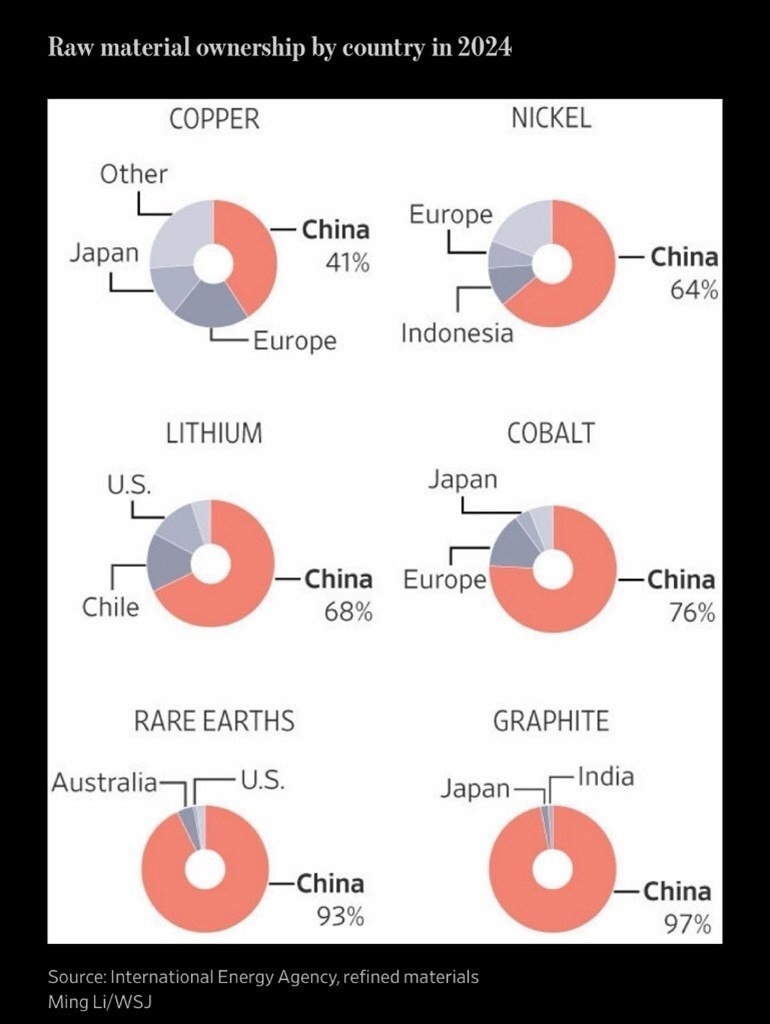Plug Into More Green Stock News
Tap into the pulse of emerging green sectors every morning. Top daily headlines from clean energy, cleantech, cannabis, and sustainable transport stocks:
Cummins Announces Approval of Unblended Renewable Diesel Use in All Industrial High-Horsepower Engines
Cummins Inc. recently announced approval of its entire line of diesel high horsepower engines across all ratings for use with unblended paraffinic fuels (EN15940), often referred to as renewable diesel, including hydrotreated vegetable oil (HVO).
Utilizing renewable fuels like HVO can reduce net greenhouse gas (GHG) emission by up to 90% compared to conventional diesel, dependent on the exact feedstock and fuel pathway.
This approval applies to all high-horsepower engines for all applications in use across a variety of industries, such as mining, marine, rail, defense, and oil and gas. All industrial engines currently in the field can be fueled with 100% renewable diesel, or any blend of renewable and traditional diesel, with no engine modifications required. Any renewable diesel used must meet the EN15940 standard, as defined by the European Committee for Standardization.
"As we work alongside our customers toward a carbon neutral future, bridge solutions like alternative fuels are critical in decarbonizing existing equipment," said Gary Johansen, Cummins' Vice President, Power Systems Engineering. "Approving unblended renewable diesel use in all high horsepower engines is one more step on our path of continued innovation to help our industrial customers reduce their carbon footprints while upholding performance and reliability standards."
Prior to this announcement, Cummins allowed up to 25% renewable diesel for high-horsepower engines for industrial applications, as well as up to 100% renewable diesel for the QSK95 engine for rail applications. Cummins was first to market in 2021 with the approval of 100% renewable diesel use in standby generator sets used in data centers and other key applications.
Technical evaluations of all high-horsepower engines utilizing renewable diesel included emissions cycle, performance, transient, fuel consumption testing as well as field testing.
The trials showed that exhaust emissions output continued to be comparable to engines operating on conventional diesel fuel and within established EPA targets with no changes to engine hardware and software. The trials also showed that, when compared to conventional diesel, the use of renewable diesel can serve as a drop-in replacement, as well as:
- Reduce well-to-work greenhouse gas (GHG) emissions up to 90%.
- Reduce tailpipe emissions of particulate matter and smoke up to 50%
- Provide no impact to service/maintenance intervals.
This announcement is an example of Cummins' commitment to advance the company's current technology to achieve industry-leading emissions reductions. Through PLANET 2050, the company's environmental sustainability strategy, Cummins pledges to address climate change, support communities and use resources wisely.
View additional multimedia and more ESG storytelling from Cummins Inc. on 3blmedia.com.
Contact Info:
Spokesperson: Cummins Inc.
Website: https://www.3blmedia.com/profiles/cummins-inc
Email: This email address is being protected from spambots. You need JavaScript enabled to view it.
Plug Into More Green Stock News
Tap into the pulse of emerging green sectors every morning. Top daily headlines from clean energy, cleantech, cannabis, and sustainable transport stocks:
More Green Stock News
More Green Stock News
| Last Trade: | US$574.84 |
| Daily Change: | 9.66 1.71 |
| Daily Volume: | 590,050 |
| Market Cap: | US$79.350B |
November 06, 2025 September 16, 2025 August 05, 2025 July 14, 2025 May 05, 2025 | |






